EDITORIAL
Published on 13 Aug 2020
Editorial: Is Early Onset of Alcohol Use Associated With Later Alcohol Use?
doi 10.3389/fnbeh.2020.00133
- 2,011 views
- 5 citations
13k
Total downloads
63k
Total views and downloads
EDITORIAL
Published on 13 Aug 2020
ORIGINAL RESEARCH
Published on 29 Jun 2020
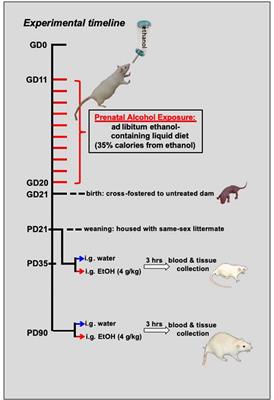
ORIGINAL RESEARCH
Published on 19 Jun 2020

ORIGINAL RESEARCH
Published on 17 Jun 2020
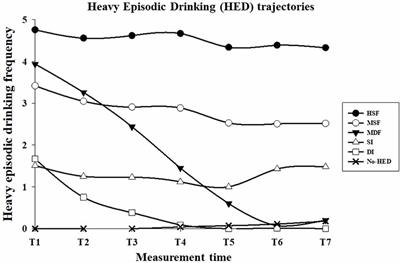
ORIGINAL RESEARCH
Published on 09 Jun 2020

ORIGINAL RESEARCH
Published on 09 Apr 2020
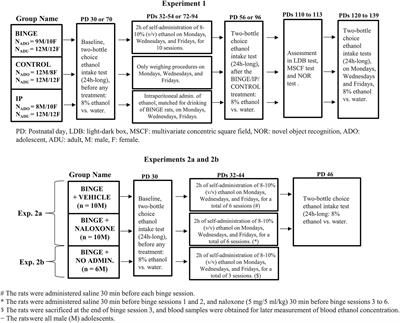
MINI REVIEW
Published on 31 Mar 2020
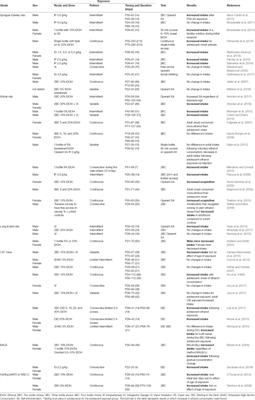
REVIEW
Published on 10 Mar 2020
ORIGINAL RESEARCH
Published on 06 Mar 2020
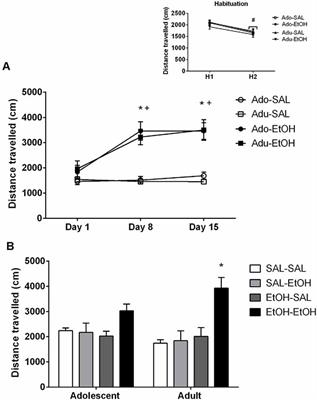
ORIGINAL RESEARCH
Published on 05 Mar 2020
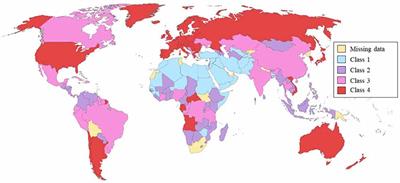
REVIEW
Published on 05 Mar 2020
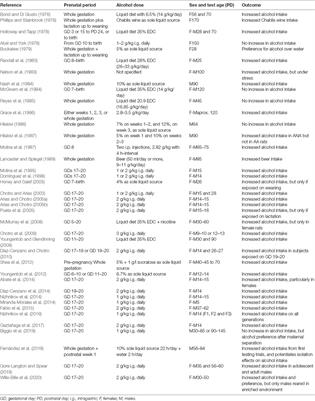
ORIGINAL RESEARCH
Published on 10 Feb 2020

